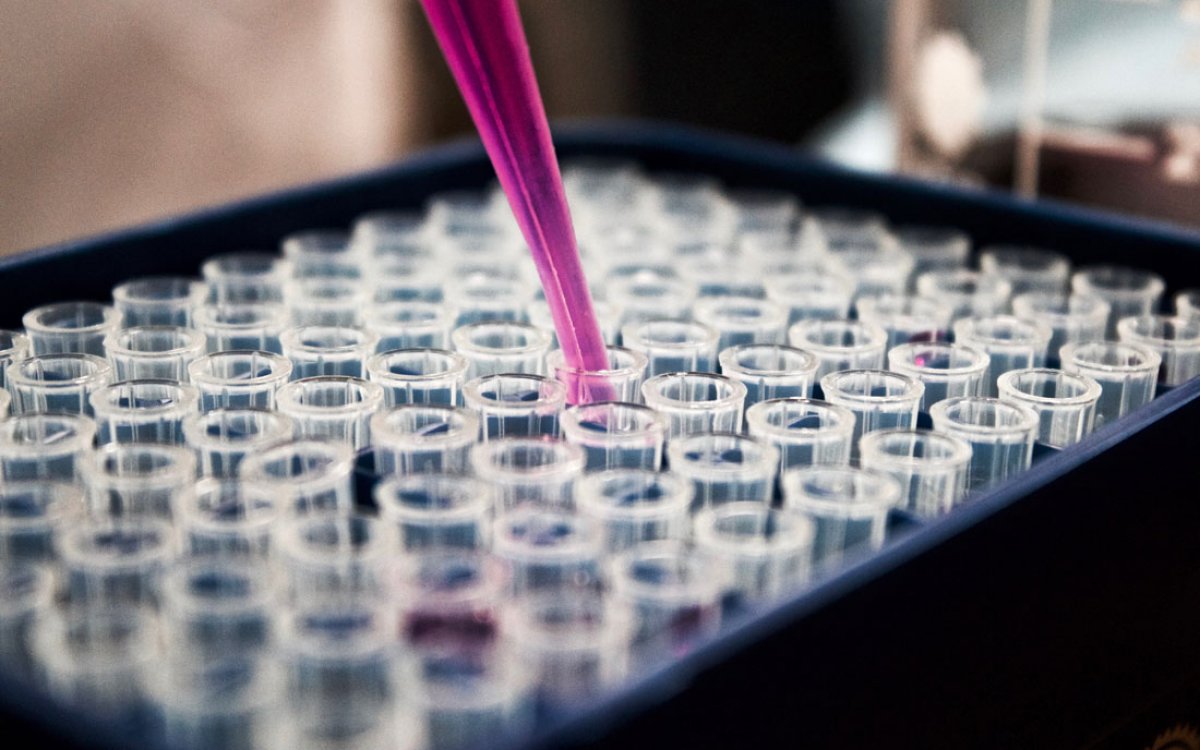Clinical Trials: Definition and Objectives
03-07-2019Clinical trials are scientific studies intended to assess the efficacy and/or safety of: drugs, medical devices, vaccines, therapeutic medical procedures, and diagnostic tests. Clinical trials can also be used to study and compare different medical approaches or assess their effectiveness in several groups of patients.
All medications and medical procedures must have been studied as part of a clinical trial before being approved by the regulatory agencies. Conducting a clinical trial is usually the final stage of a long research that began in a laboratory.
In each country, clinical trials are regulated by a specific legislation. The current legislation in Spain is set forth in Royal Decree 1090/2015, of 4 December 2015, regulating clinical trials with drugs, Medical Research and Ethics Committees and the Spanish Clinical Studies Registry. Basic principles for conducting clinical trials on human beings are based on the protection of individuals' rights and dignity of the human being regarding the application of biology and medicine. These principles are reflected in claims and agreements such as the Declaration of Helsinki and in laws such as Spanish Organic Law 15/1999 on the Protection of Personal Data.
It is fundamental that clinical trials have a proper design, that strict scientific standards prioritizing patients' protection are followed, and that high quality data are obtained, since this will later allow physicians to make relevant decisions. Likewise, it is mandatory to apply Good Clinical Practice (GCP) Guidelines to properly plan, conduct, record and communicate all clinical trials that are conducted in Spain. Prior to starting a clinical trial, it must be assessed and approved by both the Spanish Agency of Medicinal Products and a Medical Research and Ethics Committee.
Clinical Trials in Barcelona: the Four Phases.
Drug-related clinical trials are classified into four phases, each one with a different purpose and design:
- Phase I: This first step is conducted in a small group of individuals who are usually healthy to test a new drug and assess its safety, side effects, best dose and best time of treatment.
- Phase II: The effect of the drug on a certain disease is studied and data on safety and how the new treatment affects the body are obtained.
- Phase III: The safety and function of the new treatment are tested against a standard treatment or placebo.
- Phase IV: It is performed after the medication has been approved for human use, and treatment side effects and benefits are analyzed over a long period of time and in a high number of participants.




